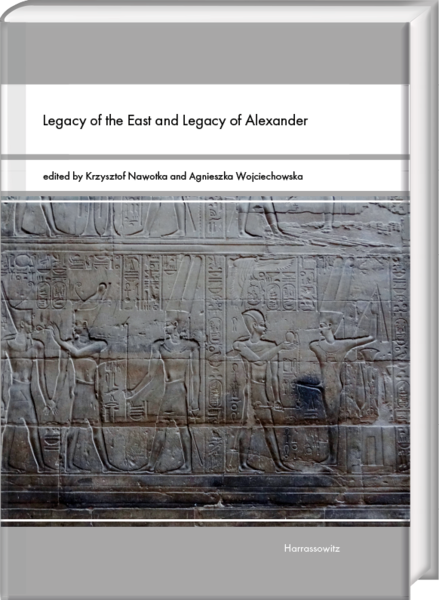

Most ebook files are in PDF format, so you can easily read them using various software such as Foxit Reader or directly on the Google Chrome browser.
Some ebook files are released by publishers in other formats such as .awz, .mobi, .epub, .fb2, etc. You may need to install specific software to read these formats on mobile/PC, such as Calibre.
Please read the tutorial at this link: https://ebookbell.com/faq
We offer FREE conversion to the popular formats you request; however, this may take some time. Therefore, right after payment, please email us, and we will try to provide the service as quickly as possible.
For some exceptional file formats or broken links (if any), please refrain from opening any disputes. Instead, email us first, and we will try to assist within a maximum of 6 hours.
EbookBell Team

5.0
18 reviewsContributions in this volume compare classical literary sources with non-European writings, epigraphic, archaeological and numismatic evidence. They explore the complexity of the classical source tradition in order to look beyond the boundaries of the time in which they were written down. By drawing on the methodology of the ‘literary turn’ in historiography, they draw our attention to ancient authors as conscious artists with their own agenda. An attempt is made to examine the Iranian background of Alexander’s politics and to verify modern hypotheses about his legacy in Iran and Central Asia. In Iran there was cultural continuity from the Achaemenid through the Hellenistic era, just as in Egypt, whose art absorbed non-native influences from the Saite period onwards. It is argued that the western influence or Hellenization that Alexander’s conquests brought to the heartland of the Persian Empire, its eastern part and Egypt, was limited. It shows that the last Persian king of Egypt, Darius III, and the first Macedonian pharaoh Alexander had more in common than is generally recognized. This book basically advocates the idea that a balance must be established between continuity and change, both in Egypt and in the East under Alexander and Hellenistic kings.